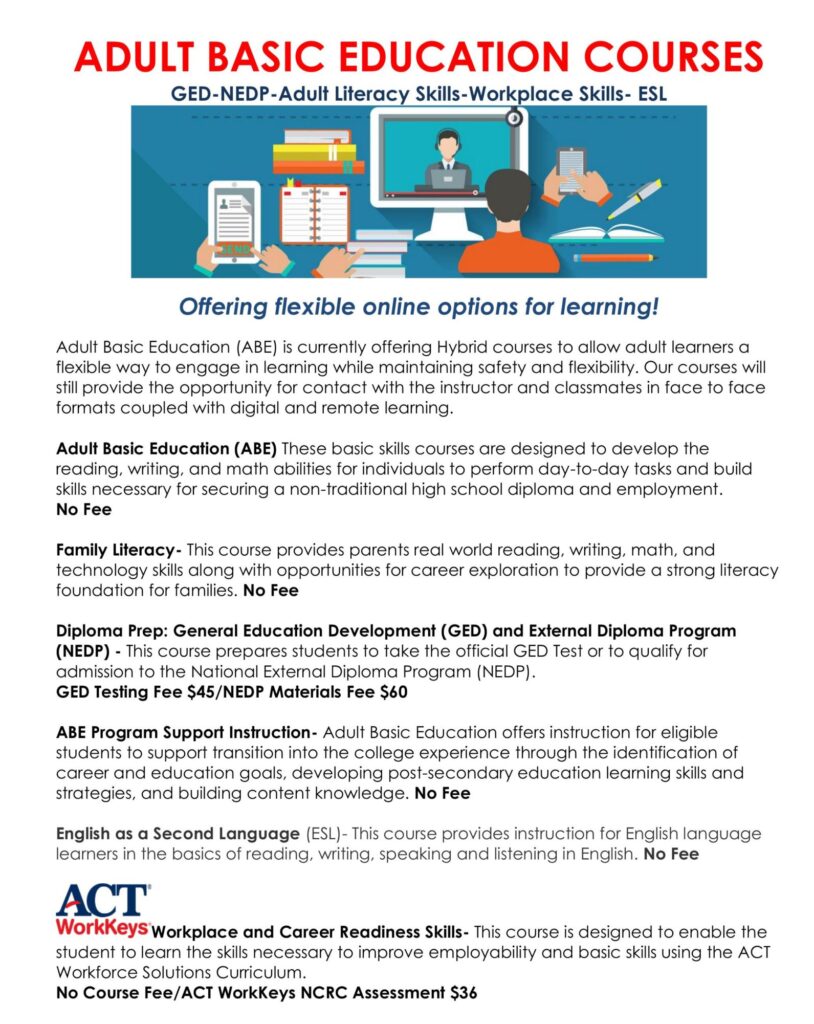CSP Insights
Your go-to source for the latest in news and information.
Degrees of Confusion: Why Your College Major Might Not Matter
Discover surprising truths about college majors and why your choice may not be as crucial as you think. Unravel the confusion now!
The Surprising Truth About College Majors: Do They Really Matter?
The debate over whether college majors significantly impact career success is ongoing. While many believe that choosing a specific major can determine your professional path, the truth may be more complex. Employers increasingly value skills and experience over the label of a degree. For instance, individuals who studied fields outside their job descriptions often bring unique perspectives and problem-solving abilities that can be beneficial in various industries. This flexibility in hiring does raise the question: does your major really matter in the real world?
Data suggests that while certain majors can lead to careers in specific fields—engineering or nursing, for example—many graduates work in areas unrelated to their degree. According to recent studies, around 50% of college graduates are employed in jobs that do not require a specific major. This reality implies that college isn’t just about learning a predefined skill set; it’s also about cultivating critical thinking, adaptability, and communication skills. Ultimately, the surprising truth about college majors might be that what you do with your education is just as important, if not more so, than the major you choose.

Beyond the Diploma: Exploring Skills Over Degrees in Today’s Job Market
In today's job market, the emphasis is increasingly shifting from traditional degrees to practical skills and experience. Employers are beginning to recognize that skills over degrees can significantly enhance a candidate's suitability for a role. Many organizations are prioritizing competencies such as critical thinking, problem-solving, and effective communication over formal education credentials. This evolution is leading to a more inclusive workforce, where individuals with diverse backgrounds and experiences can contribute meaningfully without being constrained by their academic attainment.
As technology continues to advance rapidly, the importance of adaptability and hands-on skills cannot be overstated. Personal projects, online courses, and certifications are being valued as legitimate credentials, offering a more practical approach to learning. Candidates are finding success by showcasing their abilities through portfolios, demonstrating real-world applications of their knowledge. This trend not only benefits job seekers—who can leverage their unique talents—but also employers, who gain access to a wider talent pool that prioritizes skills over degrees.
What Employers Really Want: Is Your Major Relevant?
In today's competitive job market, employers are increasingly seeking candidates whose majors align with their organizational needs. While a degree in a traditional field, such as business or engineering, has long been regarded as a strong asset, many employers today value the unique skills that graduates from diverse disciplines can bring. For instance, those with degrees in communication, psychology, or environmental science may possess valuable soft skills and innovative perspectives that are also highly sought after. Understanding the relevance of your major isn’t just about the field you chose; it’s about how you can translate that knowledge into practical applications that serve an employer's objectives.
Moreover, it’s important to highlight that employers are not solely focused on the content of your degree. They are often looking for candidates who demonstrate critical thinking, problem-solving abilities, and the capacity to adapt in a fast-changing world. To stand out, consider the following strategies:
- Showcase transferable skills: Emphasize the skills gained through your coursework, internships, or projects.
- Network with industry professionals: Connect with alumni and professionals in your field to gain insights and potential job leads.
- Tailor your resume: Highlight experiences that directly relate to the job or industry you’re applying for.